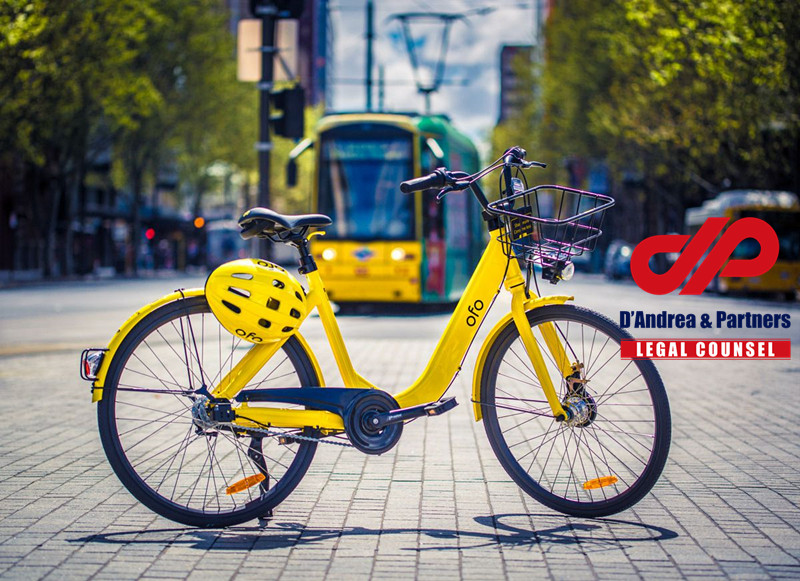
How to Resign or Be Removed As A Director Under New Company Law
Provisions of the New Company Law on the Dismissal and Resignation of Directors China’s new Company Law, which will come into effect on July 1, 2024, creates the following systems for the dismissal and resignation of directors: first, the shareholders’ meeting may resolve to dismiss a director, but if a director is dismissed before the
- #China






